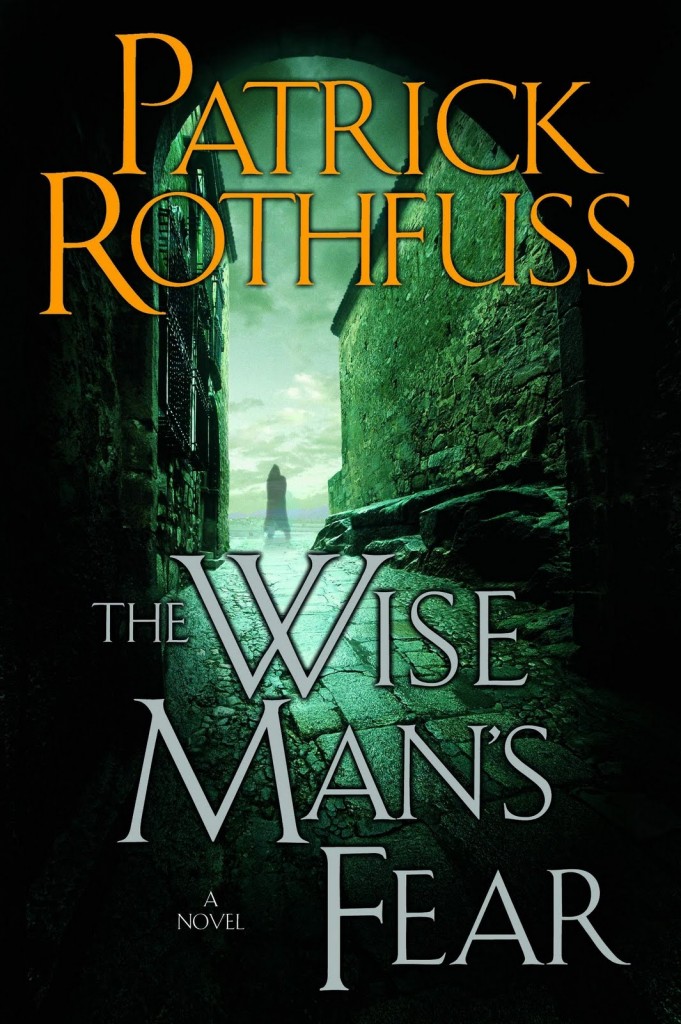
Photo by KT on Unsplash
Are there vampires in the Bible?
A few of the characters on HBO’s True Blood suggest there are vampires in the Bible. Lazarus, Cain and Eve are presented as possibilities, but then the dim-witted Jason Stackhouse hypothesizes, “Maybe Jesus was the first vampire?” Jason’s evidence for this assertion is that Jesus rose from the dead and he told his followers to drink his blood.
This conversation over a cafeteria lunch wasn’t any deeper than this, but it prompted some of the shows fans to ask the question again here and here.
Silly question? Perhaps, but the answer to this question is far from silly.
Jesus is like Dracula?
Jesus is like Dracula because he could not be contained in the grave. Actually, this comparison doesn’t really work. Although Dracula lived for many centuries, by the end of Bram Stoker’s novel the eponymous anti-hero was dead at the hands of the Crew of Light.
Jesus, on the other hand, is not dead; he is seated at the right hand of God, ruling for all eternity. I suppose Jason’s mistake is understandable given that it’s not likely he’s read either Dracula or the book of Revelation.
Another way Dracula is like Jesus is that they were both thought to be human, but really weren’t. Oh, wait; this isn’t true either. Jesus was fully human. Born like a human, ate and drank like a human, died like a human. Dracula, on the other hand, is not very human at all. He could turn himself into various animals and even smoke. He didn’t come to be like a human, he didn’t eat or drink like a human and he didn’t die like a human.
Then there’s the whole blood thing that Jason brought up. Dracula drinks blood; Jesus doesn’t drink blood. I’m not sure how this is a positive comparison.
The Main Difference between Jesus and a Vampire
This is actually the essential difference between the vampire and Jesus. Jesus gives his innocent blood for the sake of the guilty; the vampire is guilty of taking innocent blood for his own sake.
[click_to_tweet tweet=”The essential difference between the vampire and Jesus: Jesus gives his innocent blood for the sake of the guilty; the vampire is guilty of taking innocent blood for his own sake. #vampireJesus #vampire #Dracula #Jesus ” quote=”The essential difference between the vampire and Jesus: Jesus gives his innocent blood for the sake of the guilty; the vampire is guilty of taking innocent blood for his own sake. “]
Jesus fills the empty with his blood; Dracula drains the full of their blood.
Christ’s giving of his blood is symbolically enacted in the Eucharist, where believers symbolically partake of the blood of Christ. Again, what is rehearsed in this ritual is Christ’s giving his blood for the sake of humanity. When Dracula drinks the blood, usually of a young maiden, he is rejuvenated–it is the secret to his immortality. As Jesus gives up his blood, he dies. This is the secret to our immortality.
How Jesus is like a Vampire
There is a small but signficant way that the way of Jesus is like that of Dracula.
Once bitten, Dracula’s victims become like him. Once the true believer accepts Christ’s sacrifice on his behalf, the true believer becomes more like Christ.
[tweetshare tweet=”Once bitten, Dracula’s victims become like him. Once the true believer accepts Christ’s sacrifice on his behalf, the true believer becomes more like Christ. #vampireJesus #vampire #Dracula #Jesus” username=”Dryb0nz”]
But that’s where the similarity ends. Because the vampire is all about the taking of blood, innocence, life, purity, his victims become the same–they take. Jesus is all about the giving of blood, giving life, so the behaviour of the true disciple will be very different–they give. This is one of the marks of a true follower of Christ–the giving.
Importantly, Dracula absorbs the will of his victims. The vampire has the power to mesmerize his victims as they surrender their will and become passively complicit to its attack. The product of Dracula’s blood taking will be creatures whose lives are qualitatively like his own because he has consumed their selfhood, their freedom, their autonomy. Their identity has become vampire, absorbed into and indistinct–a creature that must take to live.
Christ, on the other hand, desires a people whose wills are freely conformed to his–united with him, but still distinct. The essential difference between the Christian identity and that of the vampire is that behind Jesus’ desire is a perfect love and the result of submission to this love is, paradoxically, perfect freedom.
Although he’s not talking about vampires per se, as Lewis’ Screwtape beautifully articulates the vampiric view of life:
The whole philosophy of Hell rests on recognition of the axiom that one thing is not another thing, and, specifically, that one self is not another self. My good is my good and your good is yours. What one gains another loses. Even and inanimate object is what it is by excluding all other objects from space it occupies; if it expands, it does so by thrusting other objects aside or by absorbing them. A self does the same. With beasts the absorption takes the form of eating; for us, it means the sucking of will and freedom out of a weaker self into a stronger. ‘To be’ means ‘to be in competition.’ Screwtape, in The Screwtape Letters (C. S. Lewis 92)
The vampire is profoundly selfish and exploitative and will refuse to respect the autonomy of others. They use people to satisfy their own needs and desires.
The way of Christ is the exact opposite; in John 15:12-13 Jesus said:
My command is this: Love each other as I have loved you. Greater love has no one than this: to lay down one’s life for one’s friends.

